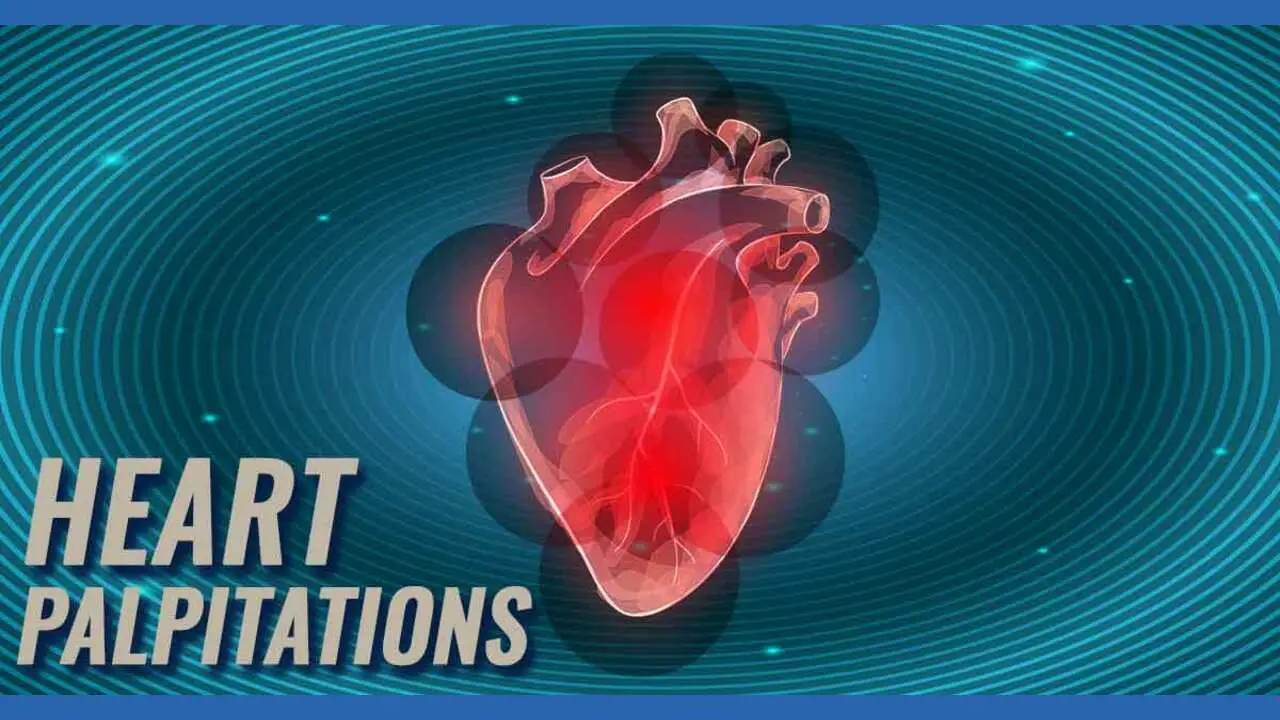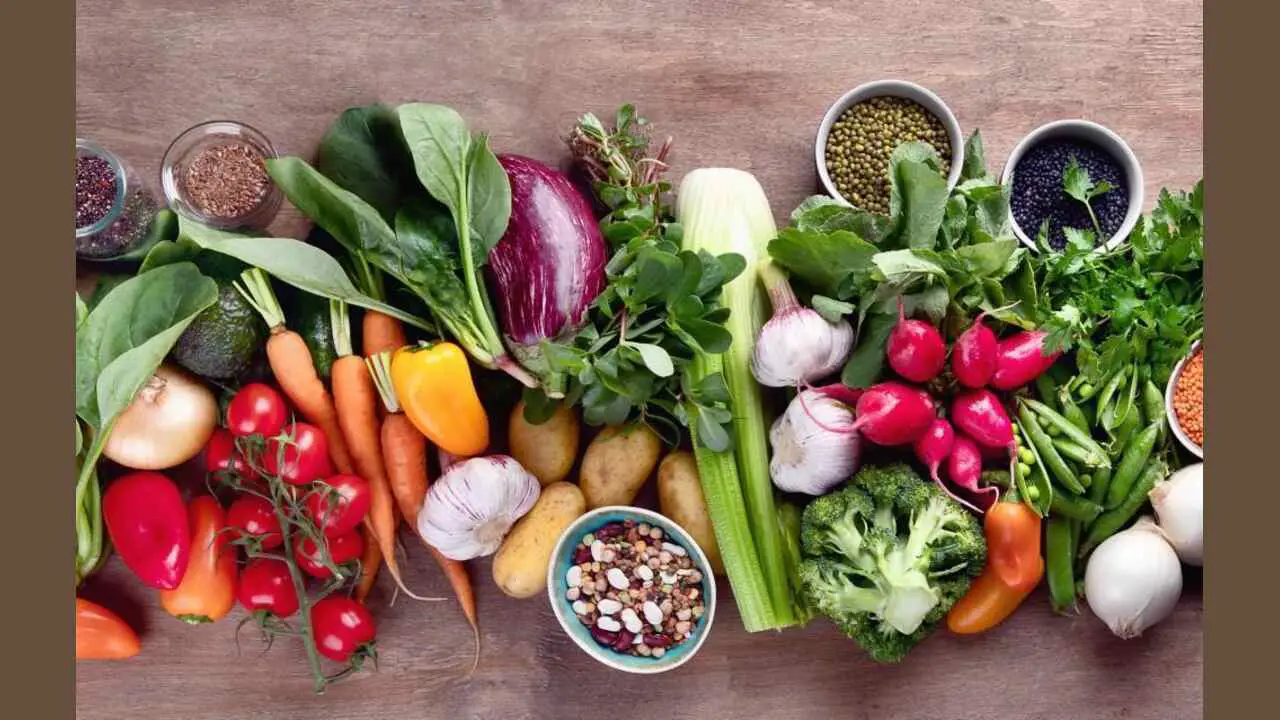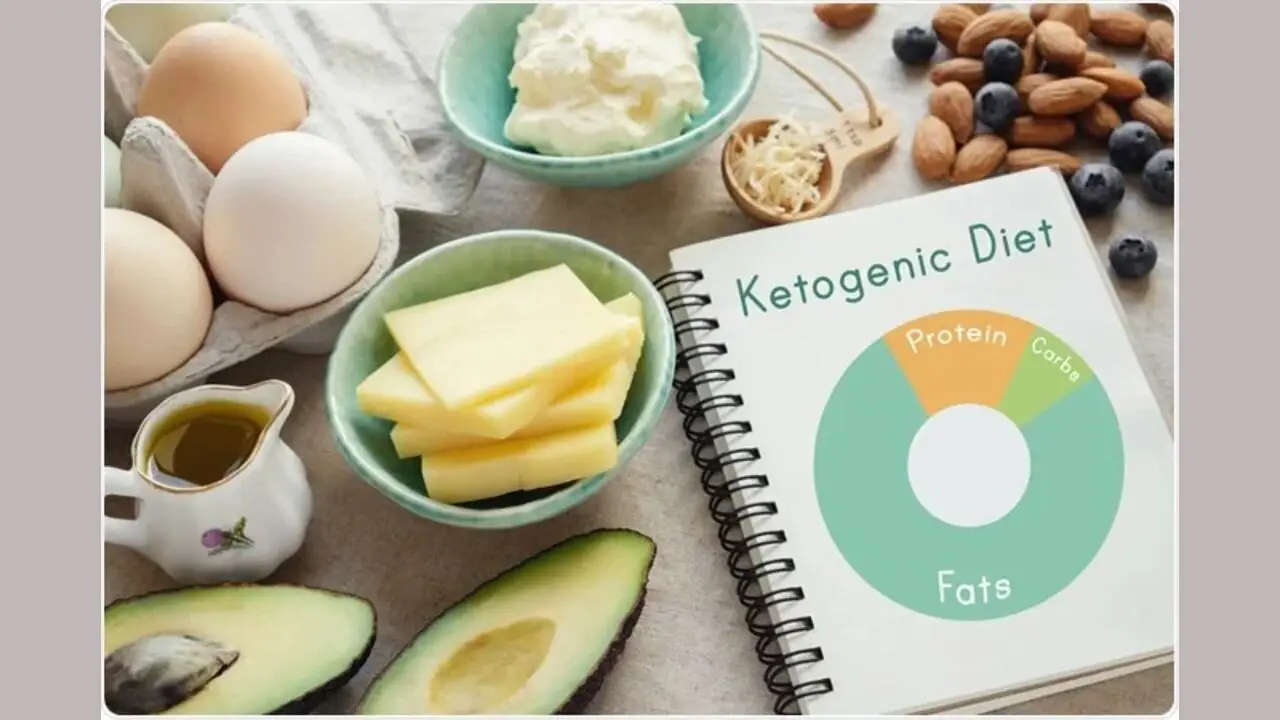Vegetarian heart palpitations are a recent phenomenon that started in 2017. According to the American Heart Association, vegetarians and vegans who don’t eat fish are at risk of developing an irregular heartbeat due to their diet.
Here’s everything you need to know about vegetarian heart palpitations. Here are some of the advantages of this diet and why you should consider going vegetarian if you have a family history of heart disease.
The Veggie V-Diet is a low blood pressure diet for vegetarians. It greatly reduces the risk of heart disease. This plan lets you eat every 3 hours and enjoy delicious food. It’s exciting to learn about the health benefits of vegan diets.

Contents
- 1 What Are Vegetarian Heart Palpitations: Facts And Suggestions
- 1.1 The Most Common Symptoms Of Heart Palpitations
- 1.2 Why Do You Get Heart Palpitations When You Diet?
- 1.3 Vegan Diets: Both Good And Bad For Heart Health
- 1.4 What To Do If You Have Heart Palpitations After Being Vegetarian
- 1.5 Irregular Heartbeat/Palpitations Related To Diet?
- 1.6 How To Eat Heart-Smart On A Vegan Diet
- 1.7 How A Healthy Diet Can Lead To Heart Palpitations :
- 1.8 Heart Palpitations On A Keto Diet: Causes And Cure:
- 1.9 Frequently Asked Questions [ FAQs ]
What Are Vegetarian Heart Palpitations: Facts And Suggestions

Vegetarian heart palpitations occur due to an overactive sympathetic nervous system, causing the body to expend energy on metabolic functions that are unnecessary constantly. The major organs, such as the brain, stomach, intestinal tract, and heart muscles, require a precise energy supply for day-to-day activities like eating and digestion.
When the body is in a “fight or flight” mode, it incurs high metabolic costs, resulting in a rapid heartbeat to supply oxygen to the bloodstream. You can correct this imbalance between activity and restorative functions, like sleep, by following simple advice and prioritizing a healthy diet. By doing so, the body can achieve better overall well-being. Boston Heart offers solutions for individuals experiencing vegetarian heart palpitations.
The Most Common Symptoms Of Heart Palpitations

Certain signs and symptoms can indicate something wrong with the heart, such as fast breathing at rest, abnormal chest pain while lying in bed, or an uncomfortably rapid heartbeat. If left unaddressed, these palpitations can lead to other health problems.
Identifying the possible causes of these palpitations and seeking medical attention to resolve the issue is important. Common culprits may include digestive issues, blocked arteries, or blood clots affecting circulation. For example, a high protein diet could contribute to the development of fatty food tumors due to excessive consumption, both in physical activities and nutrition.
- Fluttering, racing, or pounding sensation in the chest
- Irregular or skipped heartbeats
- Feeling like the heart is “jumping” or “skipping a beat.”
- Shortness of breath or difficulty breathing
- Dizziness or lightheadedness
- Chest pain or discomfort
- Sweating
- Fatigue or weakness
- Anxiety or feeling of impending doom
- Fainting or near fainting episodes.
Why Do You Get Heart Palpitations When You Diet?

It is not unusual to get heart issues when you are on a diet. The heart conditions will have to work harder to pump blood and oxygen throughout the body, so it has more work to do and can lead to a higher risk of heart attack or stroke.
Dairy products can be a great source of calcium and protein for vegetarians looking to maintain a balanced diet. There are many ways that dieting can increase your risk for these conditions, such as:
- Rapid weight loss increases cardiovascular health disease risk
- Restrictive diets can be risky for those on medication for high blood pressure or other conditions
- Nutritional deficiencies can occur on restrictive diets, affecting important nutrients
Dieting causes the body to burn more carbohydrates than fat, causing hyperinsulinemia and causing hypoglycemia. So, lowering your total calorie intake will cause a drop in Insulin need, which means there is less to drive those sugars out of your system. These can quickly become too low and interfere with proper cell function, such as brain and organ function.
Vegan Diets: Both Good And Bad For Heart Health
Vegetarian diets have been linked to lower death rates from stroke due to their high fiber and omega fatty acid content, which promote heart health. Vegetarians should consume calcium-rich foods like carrots, beans, spinach, and figs and heart-healthy vegetables such as sweet potatoes, kale, and tomatoes to ensure proper nutrition.
Including mixed grains can provide essential vitamins and minerals like thiamine, vitamin B6, and iron. It is important for vegans and vegetarians with cancer to make immediate dietary changes. Lastly, let’s discuss the symptoms of stomach problems in vegetarian and non-vegetarian diets.
What To Do If You Have Heart Palpitations After Being Vegetarian

According to this article, the US Heart and Stroke Foundation recommends a vegetarian diet to lower cholesterol and reduce the risk of heart disease. Consuming heavy foods and animal fats can negatively affect your health and contribute to weight gain. Instead, you can substitute proteins from nuts, beans, or whole grains for meat, but in moderation to support muscle growth.
Including mostly vegetables and fruits, raw food, juicing, or a balanced diet can help reduce obesity and prevent heart disease. Consuming large amounts of plant oils is also associated with this topic, causing jitteriness due to the metabolic switching from animal fats.
- Assess overall health and consult with a healthcare professional if needed.
- Evaluate diet for essential nutrients, consider plant-based sources or discuss supplementation with healthcare professionals.
- Monitor caffeine intake reduce or eliminate caffeinated beverages and foods.
- Stay hydrated and consume enough water.
- Incorporate relaxation techniques to manage stress levels.
- Keep a food diary to identify triggers.
Irregular Heartbeat/Palpitations Related To Diet?
If you’re vegan, vegetarian, or have cardiovascular disease, you might experience irregular heartbeats or palpitations. These problems are likely linked to your diet. Simple tips can help manage them. Start by tracking what you eat.
The Western diet, which includes processed foods, red meat, and saturated fats, can increase the risk of heart palpitations. Tracking will help you find patterns and make changes. Exercise regularly to reduce stress and improve heart health. If the problem persists, see a doctor for further evaluation. If you’re vegan, vegetarian, or have heart disease, follow a balanced, healthy diet low in salt and sugar.
- A plant-based diet reduces inflammation.
- Certain foods prevent heart disease.
- Animal products increase heart disease risk.
- Plenty of plant-based foods provide necessary nutrients
- Start with fat when transitioning to a plant-based diet
How To Eat Heart-Smart On A Vegan Diet
Start by tracking what you eat. The Western diet, which includes processed foods, red meat, and saturated fats, can increase the risk of heart palpitations. Tracking will help you find patterns and make changes.
Exercise regularly to reduce stress and improve heart health. If the problem persists, see a doctor for further evaluation. If you’re vegan, vegetarian, or have heart disease, follow a balanced, healthy diet low in salt and sugar.
- Prioritize Whole Foods: Choose a plant-based diet rich in fruits, vegetables, whole grains, legumes, and nuts.
- Include Healthy Fats: Consume avocados, nuts, seeds, and olive oil in moderation.
- Get Adequate Protein: Incorporate tofu, tempeh, legumes, quinoa, and lentils into my meals.
- Focus On Fiber: Increase fiber intake with fruits, vegetables, whole grains, and legumes for heart health.
- Limit Processed Foods: Minimize consuming processed vegan products, like mock meats and packaged snacks, which may contain unhealthy ingredients.
- Reduce Sodium Intake: Be mindful of sodium by avoiding processed plant-based products and using herbs, spices, and lemon juice for seasoning.
- Choose Heart-Healthy Cooking Methods: Opt for baking, grilling, steaming, or sautéing over deep-frying.
How A Healthy Diet Can Lead To Heart Palpitations :
Heart palpitations can be a common experience for vegetarians and meat-eaters alike. However, vegetarians are at an increased risk of heart palpitations. This is because vegetarians consume more plant-based proteins, which can increase blood pressure. Vegetarian diets often associate animal foods with heart palpitations.
- Vegan diets lacking essential nutrients can cause heart palpitations
- Deficiencies in iron, vitamin B12, and omega-3 fatty acids can impact heart health
- Sudden diet changes can lead to palpitations during the adjustment period
- Excessive consumption of caffeine or stimulants in vegan products can trigger palpitations
- Vegans should maintain a balanced diet and monitor caffeine intake to avoid heart palpitations
Eating nutrient-rich foods that are unprocessed and high in fiber is important to avoid heart palpitations. Some of the best vegetarian-friendly foods include fruits, vegetables, legumes, whole grains, and nuts. Additionally, incorporating plant-based proteins into your diet can be a great way to reduce instances of heart palpitations.
Heart Palpitations On A Keto Diet: Causes And Cure:

Heart palpitations on a keto diet can be attributed to various factors. Firstly, when transitioning to a keto diet, the body undergoes significant changes in its metabolism as it switches from using carbohydrates as the primary fuel source to fats. This metabolic shift can cause imbalances in electrolytes such as magnesium and potassium, leading to irregular heartbeats.
Additionally, the keto diet often restricts calorie intake, which can put the body under stress and cause fluctuations in blood sugar levels, further contributing to heart palpitations. To address this issue, it is crucial to maintain proper hydration and electrolyte balance by consuming foods rich in magnesium, potassium, and sodium.
Adequate rest, stress management, and gradual adjustment to the diet can also help alleviate palpitations. However, if the symptoms persist or worsen, it is advisable to consult a healthcare professional for further evaluation.
Conclusion
Heart palpitations are a common condition. They can occur as a normal reaction to anxiety, high blood pressure, panic attacks, or stress. Heart palpitations are not directly caused by the heart itself but by a malfunction in the nervous system that sends abnormal signals to the heart. This can cause the heart to beat faster or slower than normal.
If you’re vegan, vegetarian, or have heart disease, you might experience irregular heartbeats or palpitations. These problems are likely linked to your diet. Simple tips can help manage them. Some people may experience heart palpitations due to sinus disease, ear infections, or high blood pressure.
It’s important to note that these palpitations are often harmless and not a cause for concern. However, if you experience ongoing or severe palpitations, seeking medical attention to rule out any underlying issues is important.
Frequently Asked Questions [ FAQs ]
What Foods Calm Heart Palpitations?
Some foods may help to calm heart palpitations by promoting overall heart health and reducing stress. These include foods high in omega-3 fatty acids, like fatty fish, walnuts, and flaxseeds, which can help reduce inflammation and support heart function.
Can Low Protein Cause Heart Palpitations?
While low protein intake is generally not directly linked to heart palpitations, it can indirectly contribute to certain nutrient deficiencies that may increase the risk of experiencing palpitations.
Can Fasting Cause Heart Palpitations?
Fasting can potentially cause heart palpitations in some individuals. When a person is deprived of food for an extended period, it can lead to electrolyte imbalances, specifically a decrease in potassium levels.
Is Lemon Good For Palpitation?
There is limited scientific evidence to support the claim that lemon specifically helps with palpitations. While lemons are a good source of vitamin C and antioxidants, supporting heart health, there is no direct link between lemon consumption and palpitation relief.
Is Garlic Good For Heart Palpitations?
There is limited scientific evidence to support the claim that garlic is good for heart palpitations. Garlic’s effects on heart palpitations are inconclusive, and it’s recommended to consult a healthcare professional for personalized advice.
